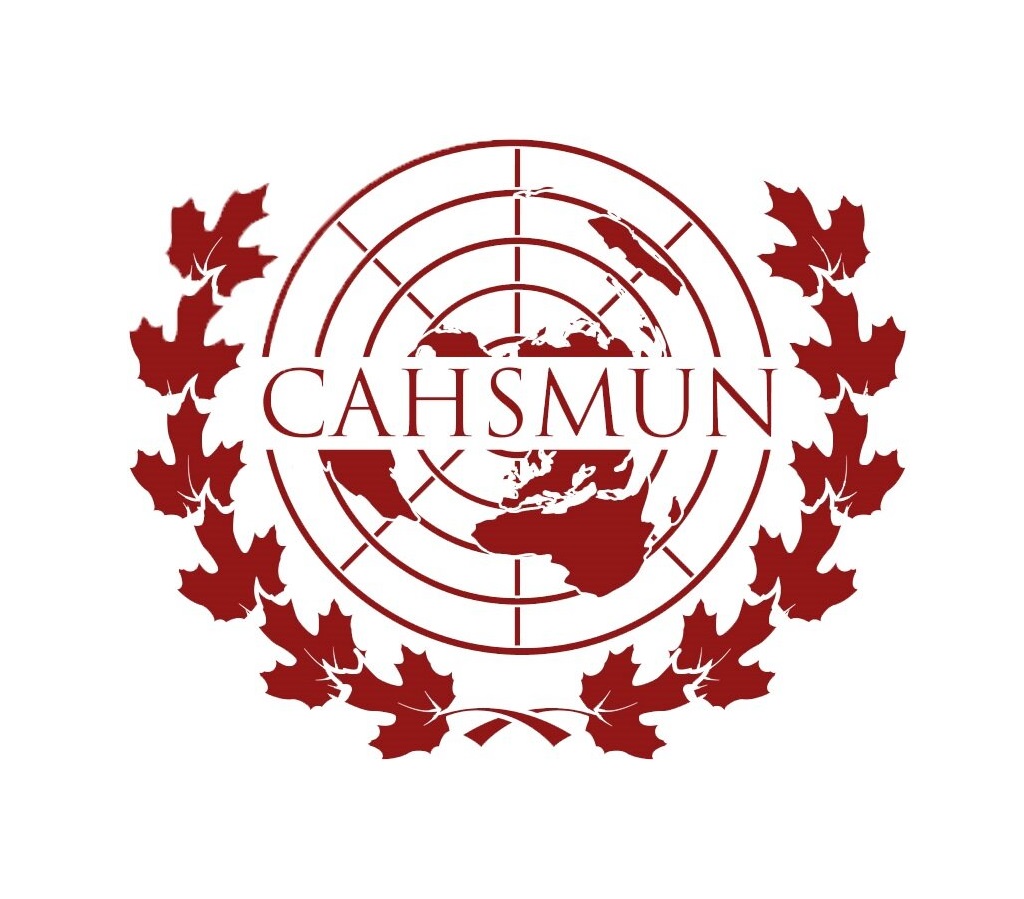The European Union finds itself at a polarizing juncture in confrontation of the trickling turned flooding rush of corruption within the continent’s media landscape. Instances such as France’s exploration into NGOs and press entities set the stage regarding dialogue about safeguarding democratic principles amidst unwavering corruption.
Strategies among member states instigate traction, ever so Sweden’s resolute stance on digitalization and the preservation of media independence serves as a beacon of democratic resilience. France further illuminates the intricate task of forging consensus within the EU, especially in the realm of governance and anti-corruption efforts.
Germany’s collaborative endeavors in combating corruption, particularly through investigative journalism, offer a glimmer of hope. Nevertheless, apprehensions persist regarding the encroachment of governmental influence on journalistic autonomy.
Spotlighted is the indispensable role of independent sources in combating corruption. Mechanisms are established for media regulation, furthermore gleaned upon is accreditation value in safeguarding press integrity. Setting stringent standards for journalistic ethics, ensuring transparent media ownership, the EU can shield and empower media outlets from unjust coercion.
The approach champions press freedom and resource allocation for investigative reporting, empowering journalists to stand in opposition to corruption and hold authorities accountable. In this endeavour, cross-border collaboration among media outlets, facilitated by initiatives like the European Investigative Collaborations (EIC) network, holds immense potential to expose corruption at a transnational level.
The EU recognizes the vital importance of supporting independent sources of information, due to misinformation and disinformation birthing radicalized chaos. The role of trustworthy government-independent media cannot be overstated, nor overlooked. In this the EU not only defends democratic values but also fortifies the resilience and power of individuals within capitalized sectors, bringing the systems of power back into equilibrium through exposing corrupt practices, informing and educating the public, promoting accountability, advocating for reform, fostering public participation, and setting standards for behaviour.
EuroNews, empowered by new policy, prioritizes transparency in funding and ownership, ensures editorial independence, and diversified revenue streams. Euronews is committed to quality journalism, ethical standards, collaboration, and journalist training as it serves the global audience with integrity and excellence.
